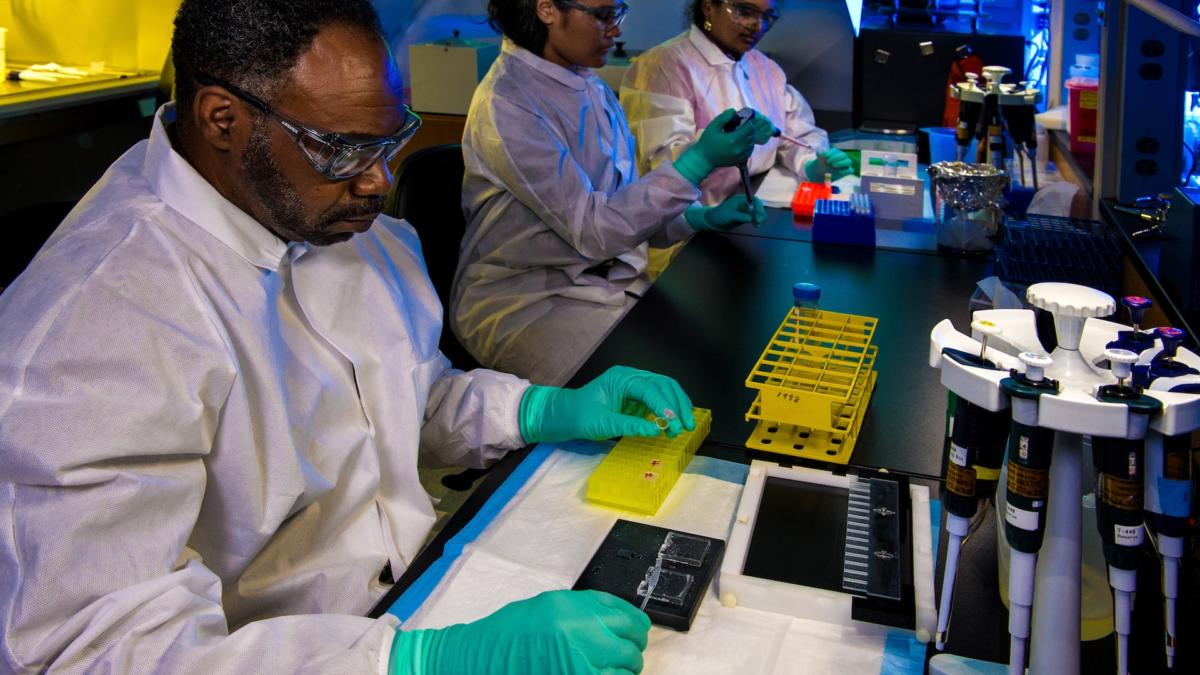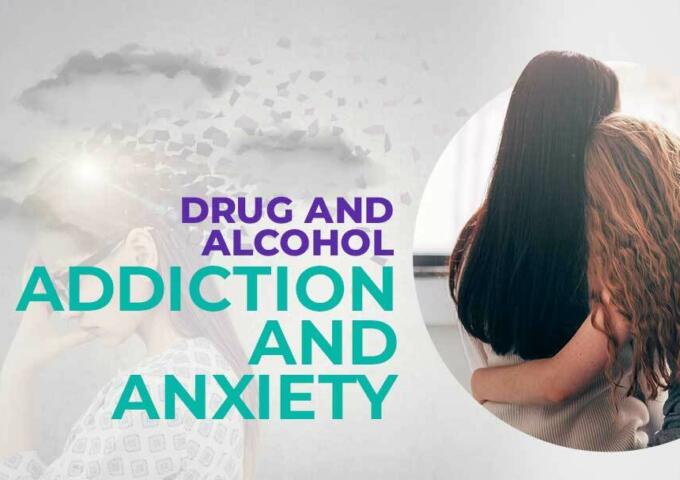No more outbreaks
A new Pennsylvania House bill has been proposed. House Bill 2755 would make coroners or medical examiners wait at least 24 hours before sharing autopsy results to the public. The goal of HB 2755 is to avoid added hardship and pain families of the dead will be experiencing by the result release to the public. Supporters claim that current law overlooks the anguish caused by immediate result release to the public. However, this not only risks fake information going viral, but also endangers community safety. The number of social media users increased by approximately 120 million in just the last year.
Stanford Engineering analyzed how fast fake information can go viral on social media. The study showed fake news travels faster than truth online. Losing a family member is painful enough, they do not need to suffer from fake information spreading online.
Back in July, the World Health Organization finally admitted China made COVID-19 pandemic worse by not reporting about coronavirus immediately. Since January, when COVID-19 cases in the U.S. were slowly making their way up to skyrocketing, WHO was giving a round of applause to China’s government for “promptly” sharing a genetic map of coronavirus and kept praising the government for being transparent. However, unlike what WHO was believing at that time, China was neither being prompt nor being transparent. In fact, China was sitting on sharing information about the new virus and busy covering it up.
According to a study published in March, if China’s government had acted three weeks earlier than it did, the number of COVID-19 cases could have been down by 95 percent. This clearly shows a fast release of cause of death, especially if it is by a contagious disease, to the public is crucial. Wearing masks and keeping social distance has become our new norm. And I still wonder what it would have been like if we were able to manage the COVID outbreak before it became out of control. I urge you to reach out to your local legislators and show your opposition to the bill.
Help us build a safer community.
– Rebecca Kim, BSN, RN, MSN candidate, University of Pennsylvania

The SHOUT Out
Philadelphia restaurants recently were given the go-ahead from the city to increase indoor dining capacity from 25 percent to 50 percent.
Your turn: Are you ready to go back to indoor dining, or are you still eating outside or doing the pickup/takeout thing? Send your responses to voices@philadelphiaweekly.com.
New bill would upend property right laws
I write on behalf of the 70 member organizations of WeConservePA (formerly the Pennsylvania Land Trust Association) and the more than 100,000 Pennsylvanians they count as members and supporters.
WeConservePA opposes HB 2724.
The work of land trusts is grounded in property rights and providing conservation benefits to the public. We conserve land by purchasing or accepting donations of property rights, working within a well-established framework of common and statutory law.
HB 2724 appears to upend this law, providing favor to one class of property owners at the expense of another class of property owners – namely, the public. WeConservePA supports private property rights and likewise the property rights of the public. And just as we object to undue impingement on private property rights for public interests, we object to the usurping of public rights by private interests.
By prohibiting private groups from stepping up to defend potential property interests of the public in court, HB 2724 puts those public rights at risk given the often limited capacity of and potential political constraints on public agencies to address such matters.
WeConservePA recognizes an argument that if the bill does not pass, there is a risk that landowners will cease to permit trails to pass through their properties; we also recognize the counter-argument that landowners can quite easily prevent prescriptive easement claims by granting simple, revocable licenses. WeConservePA welcomes discussion of these conflicting views and other issues raised in this bill.
– Andrew M. Loza, Executive Director
EPA should tighten ozone pollution regs
Being a young person in American right now means thinking about how the environment will look in the future. As a resident of Pennsylvania, it also means being concerned about the quality of the air I breathe, and what that means for my future health.
Millions of people across Pennsylvania are breathing in polluted, unhealthy air. In the Philadelphia region, we breathe around 90 days of degraded air quality each year. Air pollution is responsible for heart attacks, cancer and other serious health problems and is causing thousands of premature deaths in the United States. Even air pollution levels that meet the federal government’s current air quality standards can be harmful to our health. To ensure we all have clean air to breathe, the EPA has to listen to experts who are saying the current regulations on clean air are not strict enough.
The EPA has an opportunity to protect us from pollution by updating their rules on ozone pollution. I am asking them to tighten their regulations on ozone pollution so that we have healthier air to breathe.
– Molly | Exton, Pa.
Pandemic hasn’t broken the employer health insurance system
Over 55 million Americans have filed for unemployment since COVID-19 struck. But for the most part, they haven’t lost their health insurance. An astounding 98 percent of workers who had employer-sponsored health benefits before the pandemic are still enrolled in workplace plans, according to a July report.
That encouraging statistic ought to debunk the notion that America needs to move toward a government-run, single-payer system. If our employer-sponsored health insurance system can withstand the worst pandemic and unemployment crisis in a century, it’s worth keeping.
Employers, insurers, and agents and brokers all deserve credit for the resilience of this system. Consider that many businesses have continued providing health benefits, even when they’ve been forced to furlough employees.
Keeping laid-off employees on company health plans is just one way to protect workers. As COVID cases have climbed, new health needs have emerged – and employers are meeting the challenge. One survey of 816 employers found that nearly half have enhanced their employee health benefits in response to the crisis.
Expert advice is necessary now more than ever. Brokers and agents are advising companies on how to get the most value out of their current plans and helping them navigate the loan and grant programs available through the recent federal stimulus packages.
When the pandemic first hit, many pundits predicted that widespread layoffs would cause tens of millions of people to lose their health insurance. But that nightmare scenario hasn’t happened – thanks to the employers, insurers, and agents who’ve made our current insurance system so resilient.
– Dane Rianhard is president of the National Association of Health Underwriters and a founding principal of Maryland-based Tribridge Partners. This piece originally ran in the Pittsburgh Tribune-Review.





